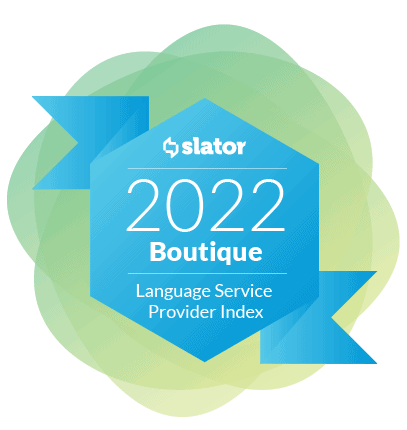|
Listen to Post
|
Listen to this article now:
by Yannis Nistas, Language Lead at Commit Global
Have you ever wondered what are the differences between studying translation and working at a translation agency? Like most professions, learning a science/art/trade is worlds apart from actually practicing it in real life and having to deal with actual clients. We will lay out the primary differences by focusing on three main aspects: communication, accountability and deadlines.
Communication
Talking to your classmates is not the same as addressing your colleagues, clients and vendors. At the university, which is an informal setting, students are accustomed to a more relaxed way of communication. They can talk to each other in a more direct way. On the other hand, at the workplace, people have to stick to a certain level of formality and politeness.
In addition, at the university you do not get to deal with clients or vendors. At a translation company, the employees, especially project managers, have to interact with people from all over the world. This task is quite demanding, because communication is in English and, most of the time, between non-native speakers. A project manager has to get as many information on a project as they can in a polite and respectful manner, by email or telephone.
In a nutshell, courtesy and formality are not as important in the simulated working environment of a university as they are in the actual workplace.
Accountability
A translation student can have multiple failures without experiencing any major consequences. Except, of course, for a drop in their grades. This lack of accountability gives students more freedom to experiment and be more creative with their translations and try new ways of expression, which is not necessarily bad. The university should leave room for trial and error as a means for improvement. Students should be encouraged to explore new ways of rendering words and conveying messages into their target language.
Unlike studying translation, working as a professional means that each and every linguist as well as the agency as a whole are accountable towards their clients. A failure might mean no future projects from the affected client to the agency, and this will also have direct consequences to the employees. As a result, experimentation must be put aside and priority must be given on the standardization of translation work along with the strict observance of the clients’ instructions.
Deadlines
When studying translation, the main objective is to hand back quality translations––i.e. target text with natural flow, translation based on research, and correct terminology. In that context, the turnaround time plays a secondary role. However, this is not the case at an actual work environment. The language service providers are asked to provide top-quality translations within a limited timeframe and make sure that all the clients’ instructions, style guides, glossaries, reference material, etc. are taken into account. In real life, in order to be successful you need to have the perfect combination between quick turnaround times and uncompromised quality.
The University will prepare the students for some of the challenges they will face in the work environment but not for all of them. While its purpose is to show the correct path and the right way of practicing a profession, there are some aspects that one will figure out only by actually working under real conditions, like working under pressure, working as part of a team, taking responsibility and carrying the burden of one’s mistakes.









